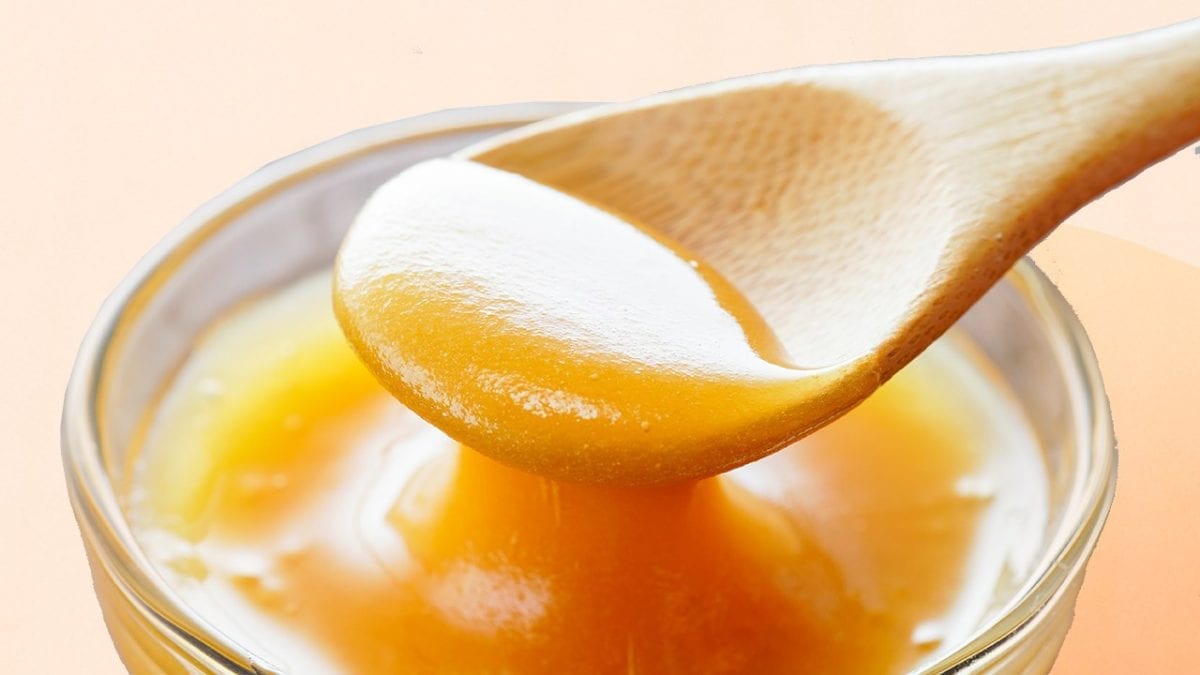What is Manuka Honey?
You might have seen this honey at the supermarket or in your social media where celebrities have been raving about it. So what is Manuka honey? From the name itself, the bees that pollinate the manuka bush produce this type of honey. It is native to New Zealand, and you can easily distinguish it from other types of honey.
This is because Manuka honey is thicker and more difficult to spread and mix than your usual commercial honey. It is also darker in color and more expensive due to the different factors involved in processing it.
What Makes Manuka Honey Healthier Than Other Types?
What makes Manuka honey special compared to other types is not just because of its production and exclusivity to one place. It is also healthier than other types of honey. As a matter of fact, this honey even has a particular grading system related to its antibacterial strength.
You might be familiar with how honey has antibiotic benefits due to its hydrogen peroxide content. However, because its antibiotic property is measured by a so-called UMF or Unique Manuka Factor. This is a grading system with a scale of 5 to 20, so that you can gauge how strong the antibacterial strength of each batch is. The UMF Honey Association is responsible for this grading system, and the product with a higher UMF number simply meant that it has a stronger antibacterial property compared to another with a lower rating.
Manuka honey naturally contains 3 compounds, which are leptosperin, DHA, and methylglyoxal. The latter, specifically, is what is responsible for its antibacterial capacity. And like with most kinds of honey, it also has a high amount of sugar, that two teaspoons are the equivalent of 49 calories. However, there are reports that suggest that it still has a lower glycemic index compared to regular honey. Finally, it has B-vitamins, iron, potassium, zinc, and amino acids.
How to Eat Manuka Honey
You will see later on the health benefits this superfood can provide. And even if Manuka honey has a lower glycemic index, it is still tasty enough for you to consume just like your regular variety. Think about it as a healthy sweetener, whether you use it on toast, tea, or ice cream. You can consume up to 2 tablespoons per day and add it to your meal plans or have it on its own to reap its immune and digestive benefits.
How to Find the Best Manuka Honey
Manuka honey is more expensive than regular varieties. However, it is worth the price considering the number of health benefits that you’ll get in a tasty tablespoon. Make sure that you check the product’s validity, including a UMF stamp and trademark, and other proof that it is from New Zealand. And as you can see in this useful source, there are other ratings that can determine the authenticity of the product, as well.
Health Benefits of Manuka Honey
Aids in Wound Healing
One of its most popular health properties is that it aids in wound-healing. In fact, the US Food and Drug Administration even approved the direct application of this honey to a wound.
Manuka honey helps in decreasing the pain and hastening the healing process of wounds. This is because it helps in tissue regeneration and that it has anti-inflammatory, antioxidative, and antimicrobial properties.
These facts are backed by studies that have shown how it helps in healing burns, wounds, and ulcers, such as those from diabetes. And as we have mentioned earlier, you can treat minor injuries like cuts and scrapes using a bandage with Manuka honey. However, note that it is best to consult your doctor beforehand.
Antiviral and Antibacterial Properties
We’ve mentioned earlier how Manuka honey works, like an antibiotic. It has methylglyoxal, also called MGO, that helps in attacking germs, and it also makes use of a group of antioxidants called phenols. In fact, there are different studies that prove its effects against influenza viruses, shingles, and different species of bacteria, including Staphylococcus aureus, Streptococcus, and Clostridium difficile by attacking their biofilm.
Alleviates Sore Throat
If you need to soothe a sore throat, a tasty tablespoon of Manuka honey can help relieve your discomfort. First of all, the honey coats the lining of your throat so you’ll immediately get a soothing feeling upon consumption. There were even guidelines last 2018 that suggest the use of honey against short-term cough.
The sore throat-alleviating characteristic of Manuka honey is also related to its antibiotic properties that we’ve discussed earlier on. There is even research that showed how Manuka honey helped reduce Streptococcus mutans, which is a bacteria that is responsible for sore throat.
Supports Digestive Health
We have mentioned earlier how Manuka honey can help hasten wound healing. But at the same time, you can also use it to protect yourself against gastric ulcers and treat gut infections from various strains of bacteria. In particular, Manuka honey can work against Clostridium difficile that is related to colitis and Helicobacter pylori that causes acid reflux and ulcer.
Consuming this healthy honey can also help alleviate symptoms related to IBS or Irritable Bowel Syndrome. These symptoms include irregular bowel movements, constipation, abdominal pain, and diarrhea.
Manuka honey can even work as a prebiotic because of its oligosaccharide content. This will help the good bacteria in our digestive system, which, in return, improves our digestion. And speaking of digestion, there are also studies that showed how it could help prevent the inflammation of the esophagus caused by chemotherapy or radiation.
More than gut health, you can also prevent periodontal diseases like gingivitis using Manuka honey. This is because it helps in reducing plaque build-up. And at the same time, Manuka honey also works against oral bacteria like P. gingivalis and A. actinomycetemcomitans.
Are There Risks in Consuming Manuka Honey?
Manuka honey is generally safe. However, some people might be allergic to honey or bees. And of course, since it has a high sugar content, those with diabetes need to be careful in consuming a large amount of it to keep their blood sugar levels controlled. Nonetheless, don’t be afraid to consult your doctor if you’re planning on using Manuka honey as part of your regimen.








